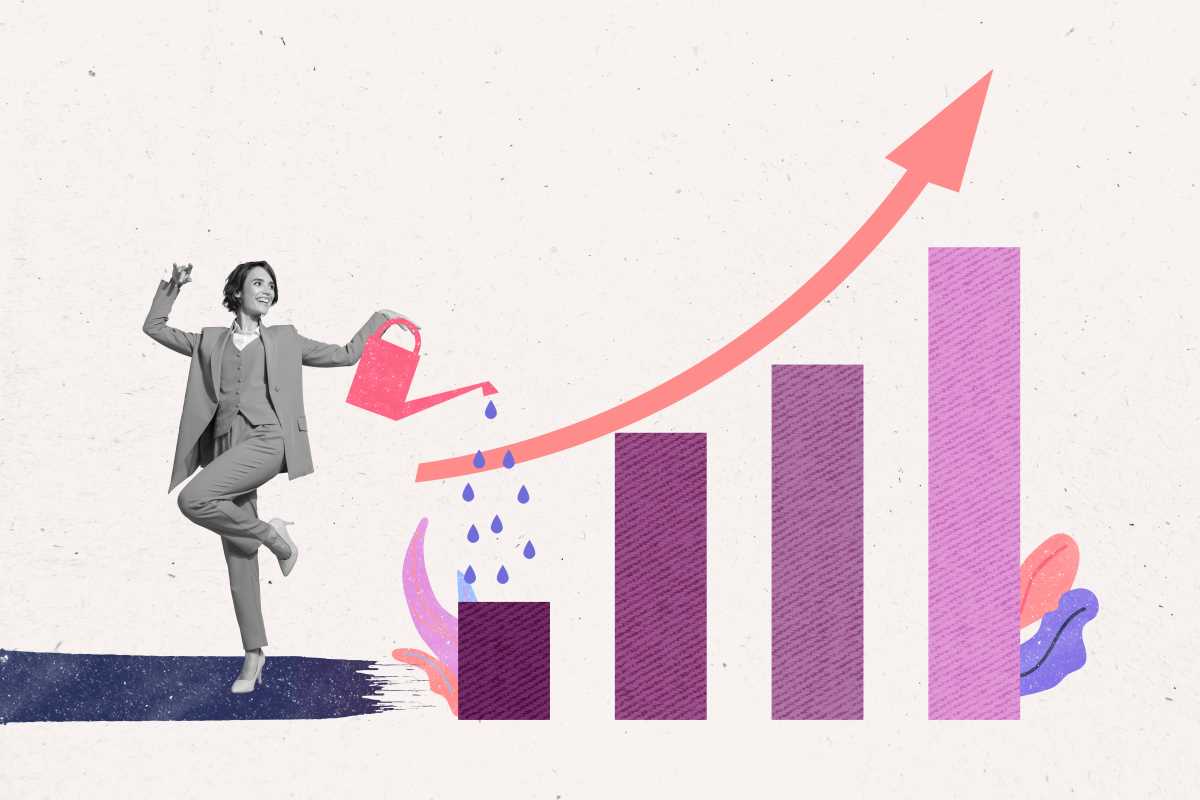The professional landscape is undergoing a significant transformation, driven by a global push toward sustainability. This shift is creating a powerful new sector of green careers, offering purpose-driven professionals the chance to align their work with their values. These roles are about environmentalism, and they are about innovation, strategic planning, and building the infrastructure for a resilient future. For those looking to make a tangible impact, the green economy offers a wealth of opportunities across various industries, from energy and construction to corporate strategy and public policy. Exploring these careers provides a clear path for individuals who want to lead the change and build a career that truly matters in shaping a more sustainable world.
Renewable Energy Engineer
Renewable energy engineers are at the forefront of the transition away from fossil fuels. These professionals design, develop, and manage projects that generate clean power. Their work involves harnessing natural resources like the sun, wind, and water to create reliable and sustainable energy systems. A renewable energy engineer might specialize in a particular technology, such as solar or wind, and oversee a project from conception to completion.
A typical day for a wind energy engineer could involve using sophisticated software to model wind patterns and determine the optimal placement of turbines for a new wind farm. They would conduct site assessments, analyze topographical data, and calculate potential energy output. Once a project is approved, they manage the construction process. Solar engineers perform similar functions, designing the layout of solar panel arrays for large-scale solar farms or for commercial and residential buildings. Their responsibilities also include selecting the right photovoltaic (PV) technology, designing the electrical systems, and promsing compliance with all safety codes and regulations. These engineers work to solve complex technical challenges, improve energy efficiency, and lower the cost of clean power, directly contributing to a more sustainable energy grid.
Sustainability Consultant
Sustainability consultants are strategic advisors who help organizations operate in a more environmentally and socially responsible manner. They work with businesses across all sectors, from multinational corporations to small startups, to develop and implement sustainability strategies. Their goal is to help companies reduce their environmental impact, improve resource efficiency, and enhance their brand reputation. This role requires a unique blend of business acumen, environmental science knowledge, and communication skills.
A sustainability consultant might be hired by a retail company to analyze its entire supply chain. Their work would involve identifying areas of high carbon emissions, excessive water use, or unethical labor practices. They would collect and analyze data, then present a comprehensive report to senior management with actionable recommendations. These could include sourcing materials from sustainable suppliers, redesigning packaging to reduce waste, or investing in renewable energy to power their facilities. Another project could involve working with a real estate developer to achieve green building certifications like LEED (Leadership in Energy and Environmental Design). The consultant would guide the design and construction process to ensure the building meets strict standards for energy efficiency, water conservation, and indoor air quality. This career allows professionals to drive meaningful change from within the corporate world.
Urban and Regional Planner
Urban and regional planners with a focus on sustainability design communities that are environmentally friendly, equitable, and resilient. They shape the layout of our cities and towns, influencing everything from transportation and housing to parks and public spaces. Their work is crucial in mitigating the environmental impact of urban growth and creating healthier, more livable places for people. These planners must balance the needs of the community with long-term environmental goals.
An urban planner focused on sustainable transportation would work to create a city where residents are less reliant on cars. They might design a network of protected bike lanes, advocate for the expansion of public transit routes, and develop zoning policies that encourage mixed-use, walkable neighborhoods where people can live, work, and shop without driving. They would analyze traffic data, conduct public meetings to gather community feedback, and collaborate with transportation engineers and policymakers to bring their vision to life. Another planner might specialize in green infrastructure, working to integrate natural systems into the urban environment. This could involve designing green roofs and permeable pavements to manage stormwater runoff, creating urban forests to reduce the heat island effect, or preserving natural habitats within city limits. This role offers the opportunity to shape the physical world for generations to come.
Environmental Scientist
Environmental scientists are the researchers and data experts who provide the scientific foundation for sustainability efforts. They study the natural world and the impact of human activity on the environment. Their work is essential for understanding complex environmental problems and developing effective solutions. These scientists can work in the field, in a laboratory, or in an office, and their expertise is sought by government agencies, private companies, and non-profit organizations.
An environmental scientist specializing in water quality might spend their days collecting water samples from rivers, lakes, and groundwater sources. They would analyze these samples in a lab to test for pollutants and assess the overall health of the aquatic ecosystem. Their findings would be used to inform regulatory policies, guide cleanup efforts, and protect public drinking water supplies. Another scientist might focus on climate change, using computer models to simulate future climate scenarios and predict their impact on different regions. They could study the effects of rising sea levels on coastal communities or analyze the link between extreme weather events and climate change. Their research is critical for helping governments and communities prepare for and adapt to the challenges ahead.
Corporate Social Responsibility (CSR) Manager
A Corporate Social Responsibility (CSR) Manager operates within a company to promote ethical, sustainable, and value-aligned business practices. This role has become increasingly important as consumers and investors demand greater transparency and accountability from corporations. CSR managers develop and lead initiatives that have a positive impact on society and the environment while also benefiting the company's bottom line.
A CSR manager for a technology company might launch a program to reduce electronic waste. They could set up a take-back program for old devices, partner with certified recyclers to guarantee responsible disposal, and collaborate with engineers to design products that are easier to repair and upgrade. They would also be responsible for reporting on the company's progress toward its sustainability goals and communicating these achievements to the public. In another company, a CSR manager might focus on social initiatives, such as developing a volunteer program that encourages employees to give back to their local communities or ensuring that the company's supply chain is free of forced labor. This career is ideal for those who want to embed a sense of purpose into the core of a business.







